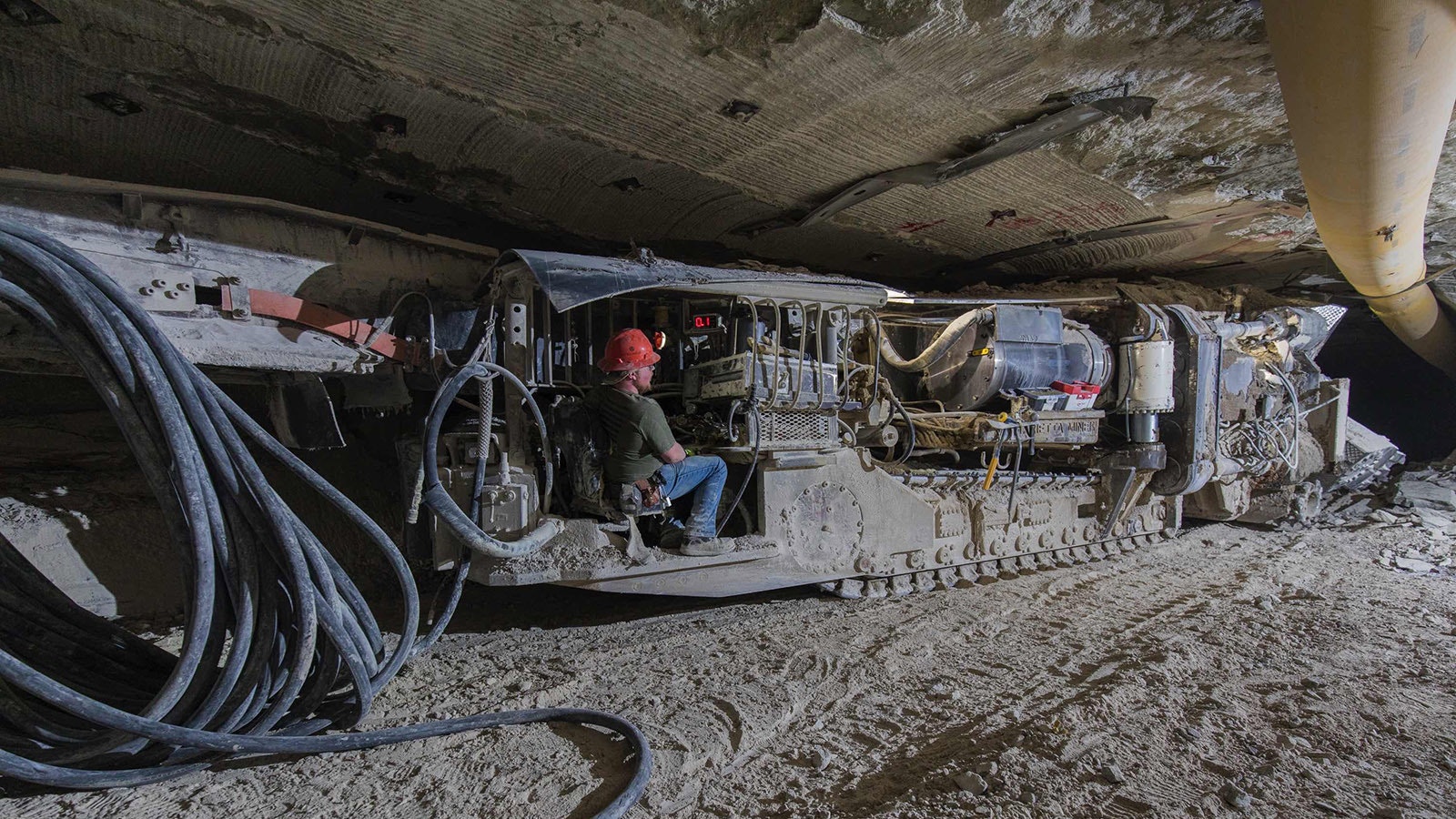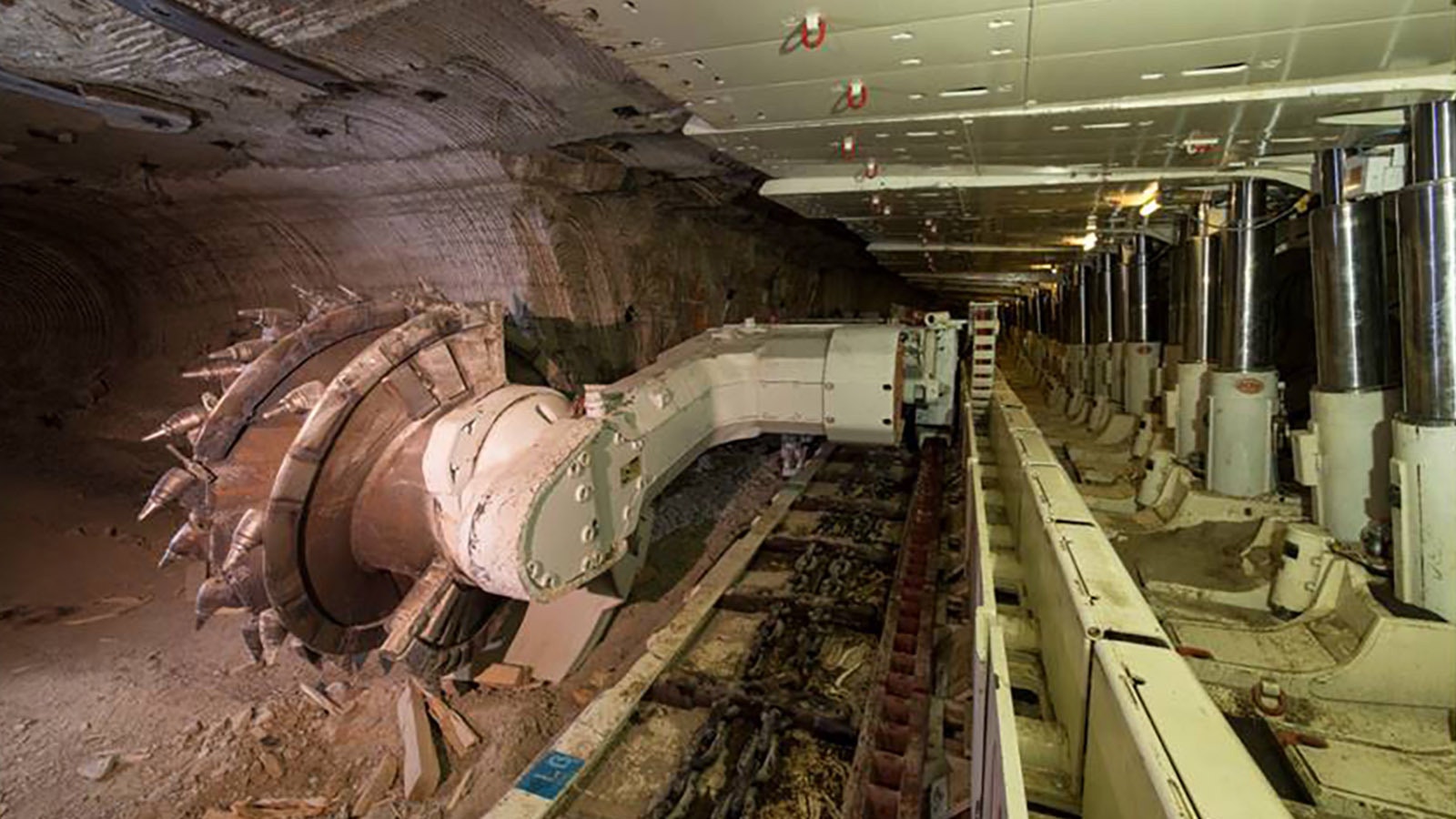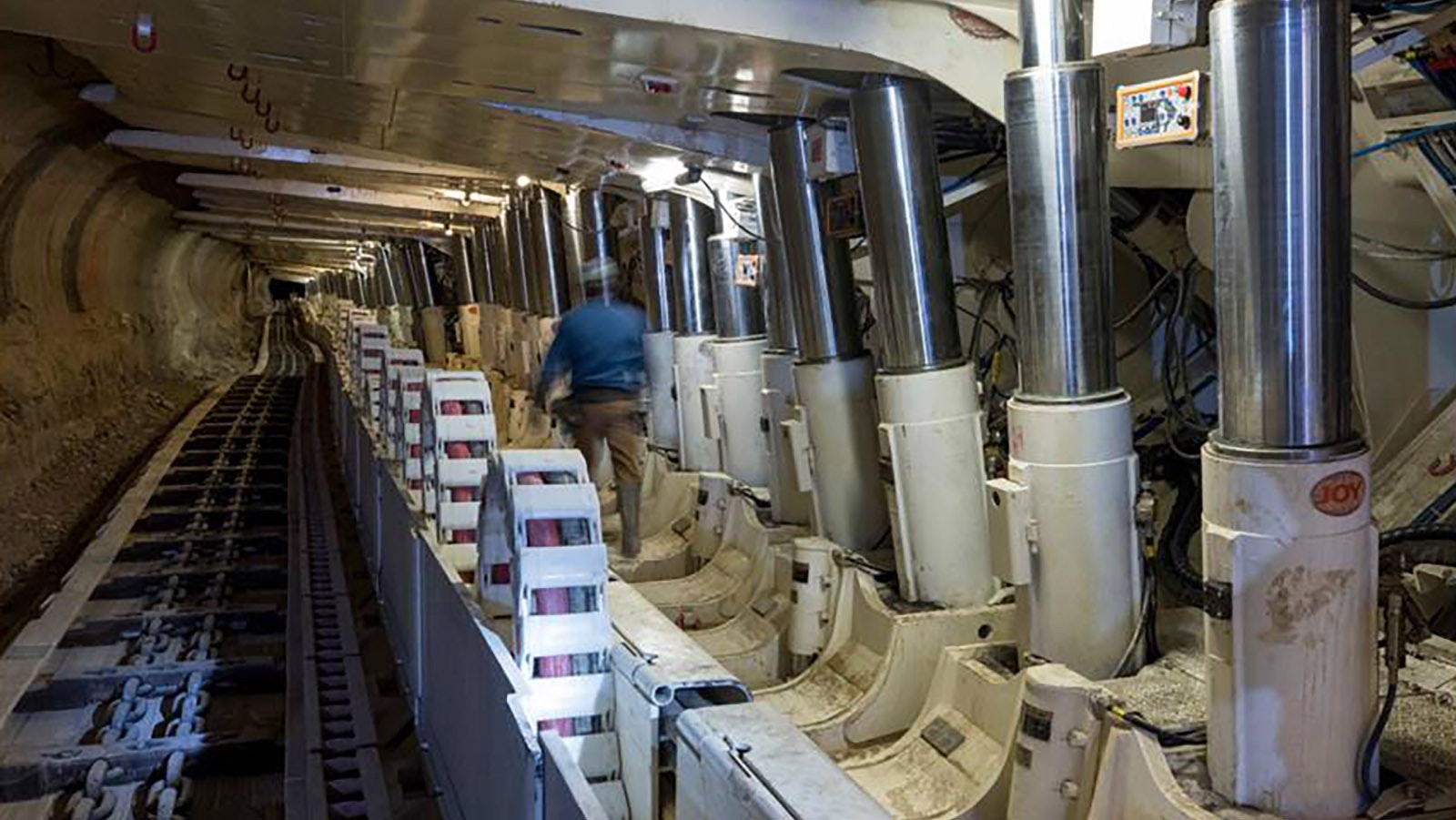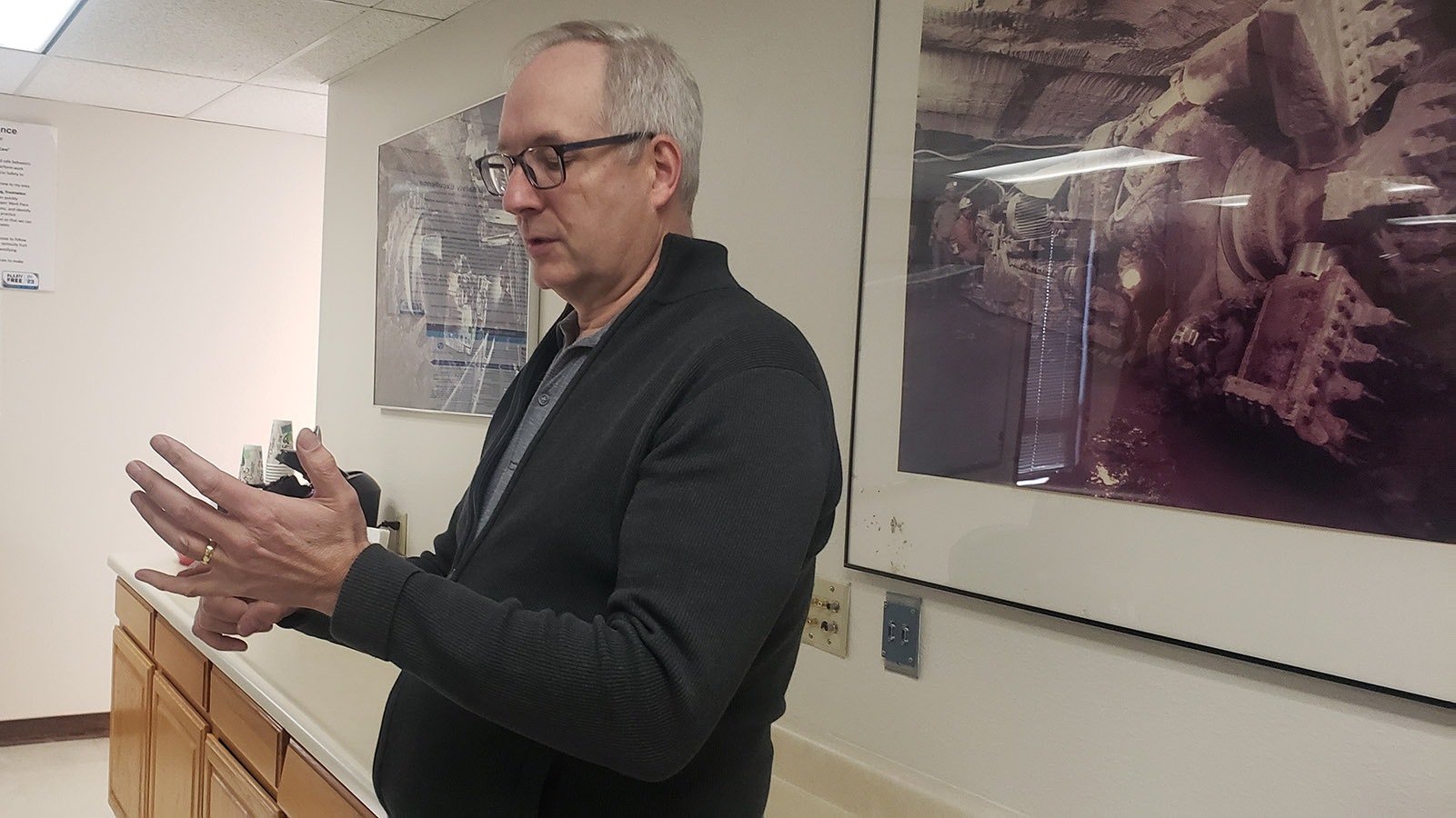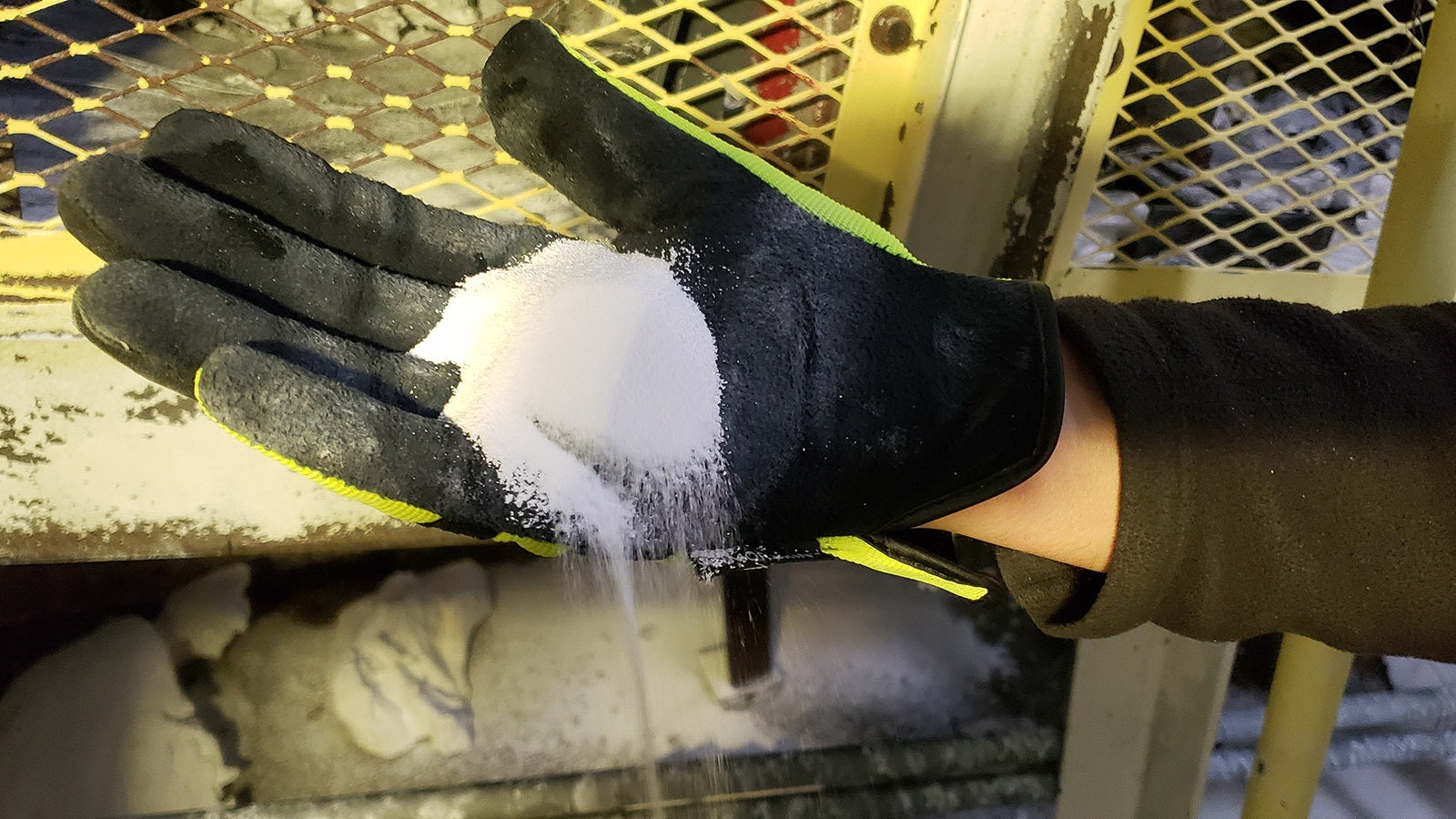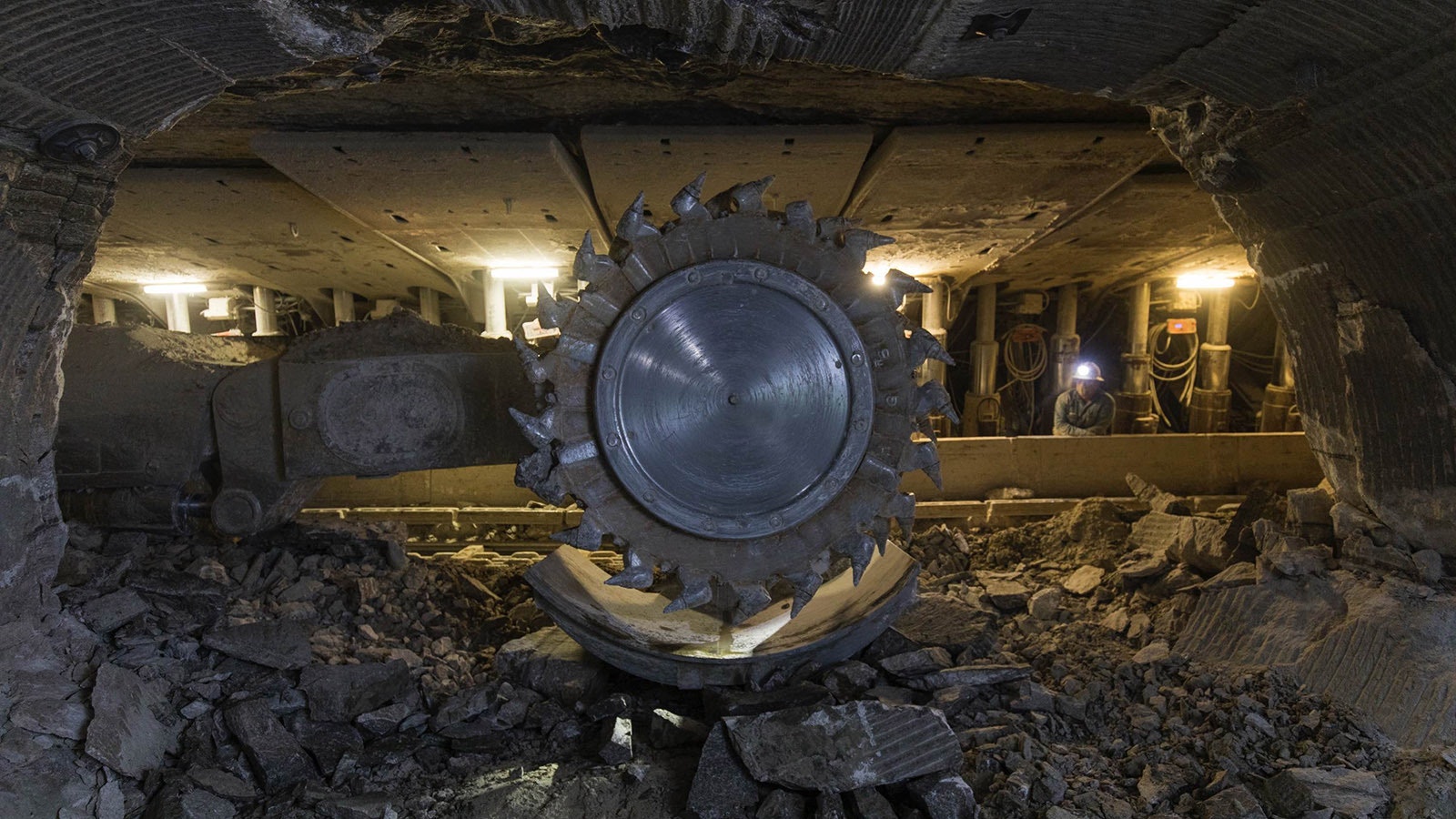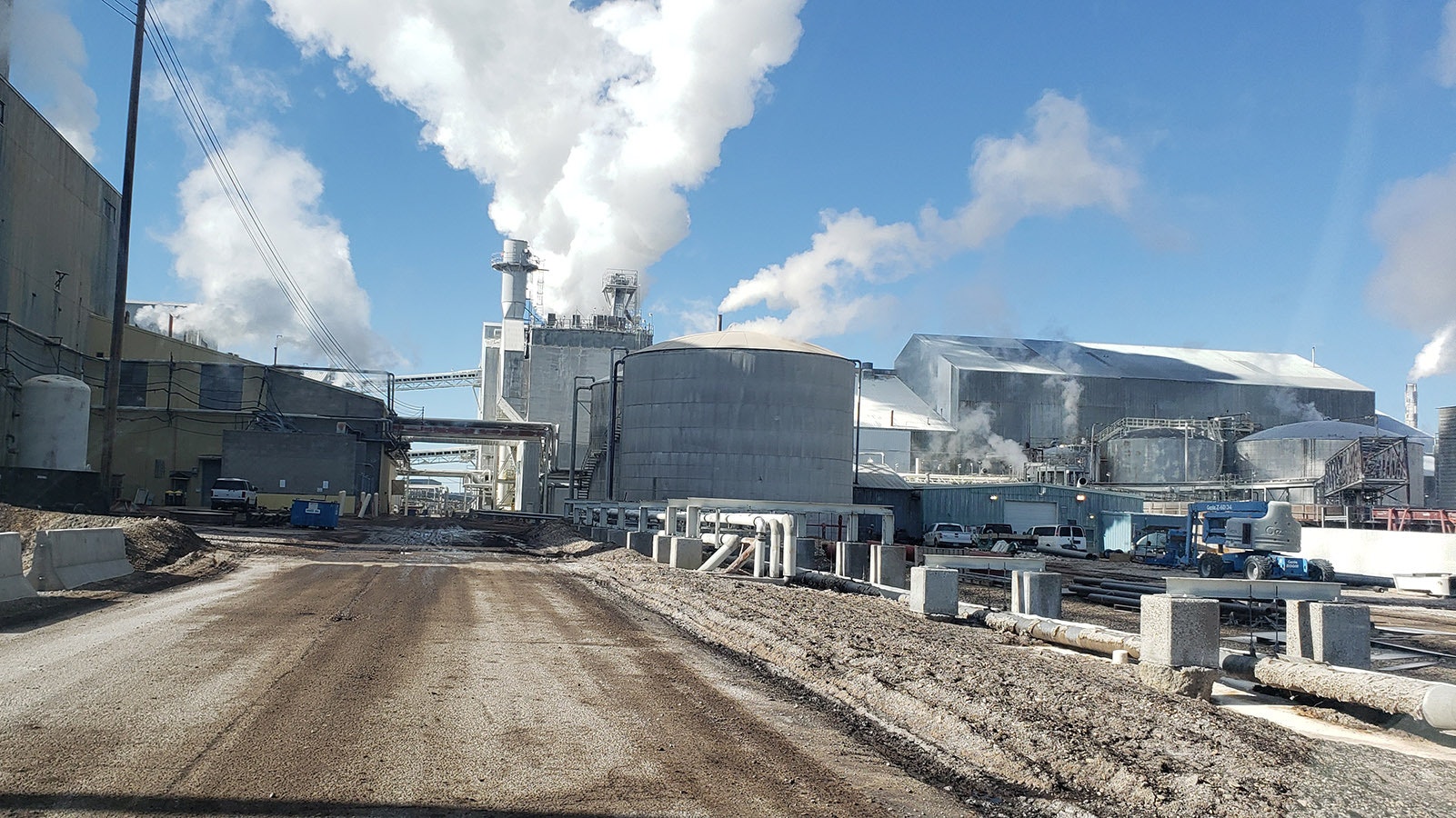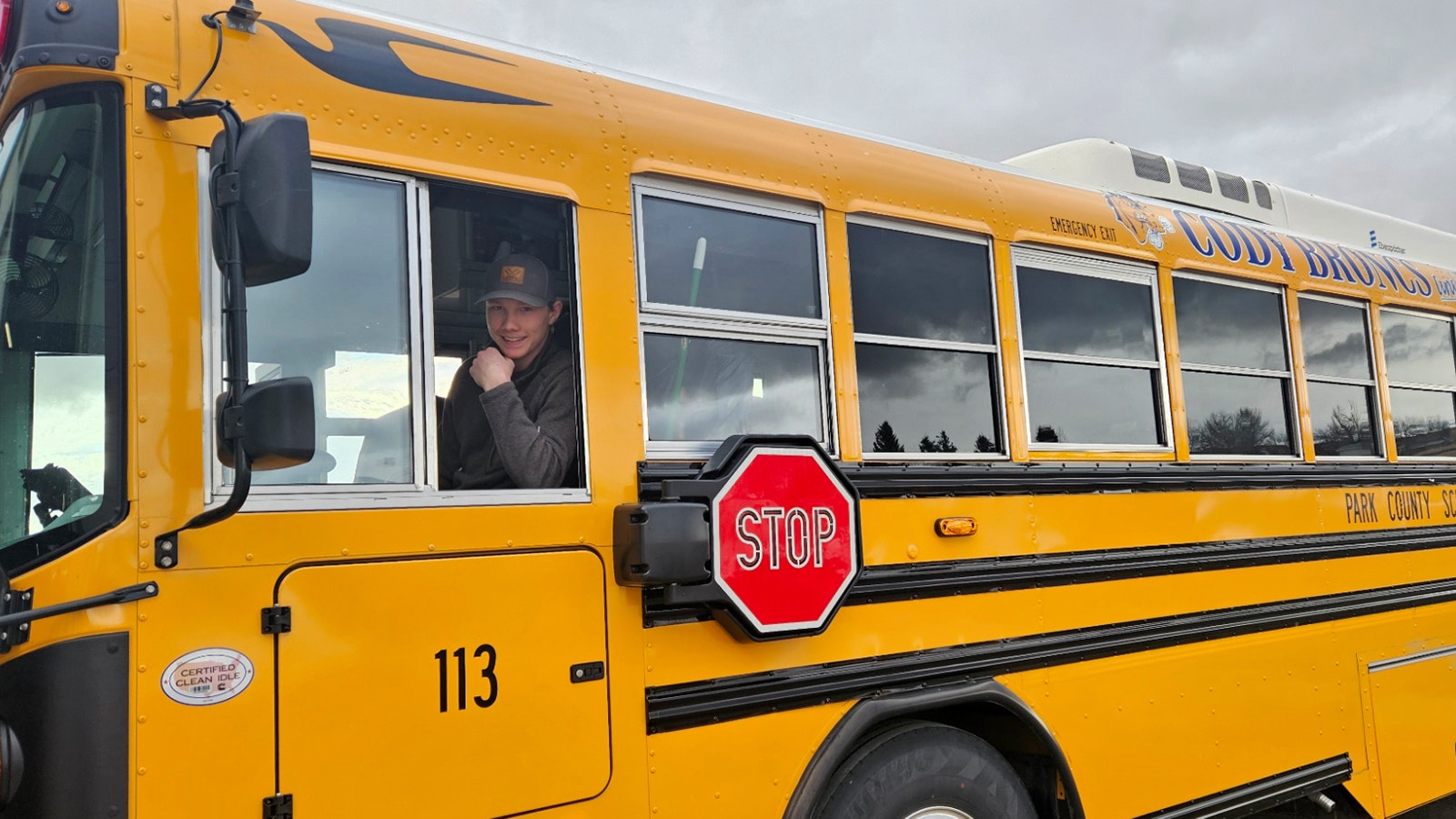The Nos. 2 and 3 trona players in the world are coming together in Wyoming to create a global juggernaut.
London-based WE Soda has announced the $1.425 billion acquisition of Genesis Alkali’s two trona mines in southwest Wyoming.
The all-cash transaction was completed Friday and announced Monday.
It’s a move that puts all of WE Soda’s U.S. operations under a single entity with a combined capacity of 10.5 million tons per year. That makes it the largest natural soda ash producer in the world and positions it well to take on China and other international competitors in the trona sector.
The plan going forward is to continue growing, WE Soda spokeswoman Liz Brimmer told Cowboy State Daily.
That likely means there are no plans to decrease head counts at the Wyoming facilities.
“People come first, and employees come first,” Brimmer told Cowboy State Daily on Monday. “WE Soda is focused on increased capacity and learning from one of the best in the industry, which is the facility and the employees at Genesis Alkali.
“The company is very excited to find out the extraordinary things that the employees have been hard at work doing to increase capacity and production.”
Brimmer said the news is fantastic for Wyoming, and positions the Cowboy State to be a leader in the trona industry for decades.
“The world’s best trona is found in Wyoming,” Brimmer said. “And it’s a good day for Wyoming. Not every day is a billion-dollar day in Wyoming, but today’s that day.”
Transformational Moment
“This transaction really is transformational,” WE Soda CEO Alasdair Warren said during an investor call Monday morning to discuss the transaction. “It’s transformational in terms of scale. It further underscores our sustainability position, diversification, management of risk, breadth of customer access and reliance of our customer supply chain.”
It also positions the company to grow more efficiently than before, Warren added.
“You’ll recall that when we’d previously spoken about some of the Greenfield projects, like Project West or Project Pacific, the same capital cost to build a capacity ton of production on a greenfieldbasis is about $1,000,” Warren said.
The cost to ramp up in this way is much less at $350 per capacity ton, he added.
“The previous owner has guided the market to around $240 million of EBITDA (earnings before interest, taxes, depreciation and amortization) on a through the cycle basis,” Warren said. “So, you can see our acquisition price is around or below six times that level.”
That makes this an investment that will quickly pay for itself, leaving the company in a very strong position going forward.
“We’re buying at the bottom of the cycle for a business which has a very significant amount of operating leverage,” Warren said. “And we believe substantial upside.”
What The Heck Is Trona Anyway?
Trona is the common name for a chemical called sodium carbonate, which in turn is used to produce soda ash. That is used for a whole host of products, including the baking soda found in just about every home in America.
Soda ash is also used to make glass, soaps, detergents, water purifiers, insulation, flue gas desulfurization equipment, paper and more.
Wyoming has long been home to the world’s largest natural trona reserve, with enough to last more than 2,000 years — and more if technology finds a way to economically access deeper areas of the trona deposits in southwest Wyoming.
Genesis Alkali’s two trona mines in Wyoming were acquired by pipeline operator Genesis Energy in 2017 from Tronox for $1.33 billion in cash.
At the time, Genesis Energy touted the move as a way to enter the chemicals sector and diversify its business, but on Monday, Genesis Energy CEO Grant Sims was sounding a different note.
“This transaction gives Genesis the financial flexibility to accelerate the process of simplifying our capital structure,” he said. “With the sale of the alkali business, our primary focus will once again be on the midstream energy space and our industry leading businesses therein.”
Sims said Genesis received about $1.01 billion in net cash from WE Soda, less fees and expenses, as part of the transaction, while WE Soda assumed about $390 million in bonds, which are staying with the alkali business.
The cash proceeds that Genesis Energy has received will be used to pay down debts.
“We believe this transaction gives us immediate financial flexibility to look at ways to further drive value for our unit holders, as well as everyone else in the capital structure,” he said. “The alkali business is world class, not only in terms of its physical assets, but also, most importantly, its people.
“We wish everyone in the business the best in their future endeavors. It’s been an honor and a privilege to work alongside each of you over the past seven plus years.”
All That And An Extra Port, Too
A host of advantaged logistics also came with WE Soda’s purchase of Genesis Alkali. Among the juiciest, an export terminal in Oregon.
The port is operated by Kinder Morgan but is exclusive to Genesis Alkali’s sales and logistics subsidiary American Natural Soda Ash Corporation (ANSAC), which Genesis Alkali acquired in 2023.
The facility already has a strong global logistics network, particularly strong in South America and Asia, which Warren said “augments our existing logistics facilities around the world.”
“The fit of our two sales portfolios is quite extraordinary,” Warren said. “People use the expression, ‘it fits like a glove,’ but this one is really two hands coming together with intertwining fingers.”
The move also brings some new markets to WE Soda as well.
“(Genesis) Alkali is particularly strong on the west coast of South America, serving principally the lithium carbonate market, a market which we had relatively little exposure to, pre-acquisition,” he said.
There’s also “opportunistic” exposure to Asia and Oceania, Warren added, with “some really advantaged logistics” positioned throughout that region.
“So, a very, very strong position, which gives us maximum strategic flexibility, but also gives us an extraordinary opportunity to better serve our customers in every end market that matters,” Warren said. “And with significantly reduced supply chain risk and increased resilience.”
Renée Jean can be reached at renee@cowboystatedaily.com.


